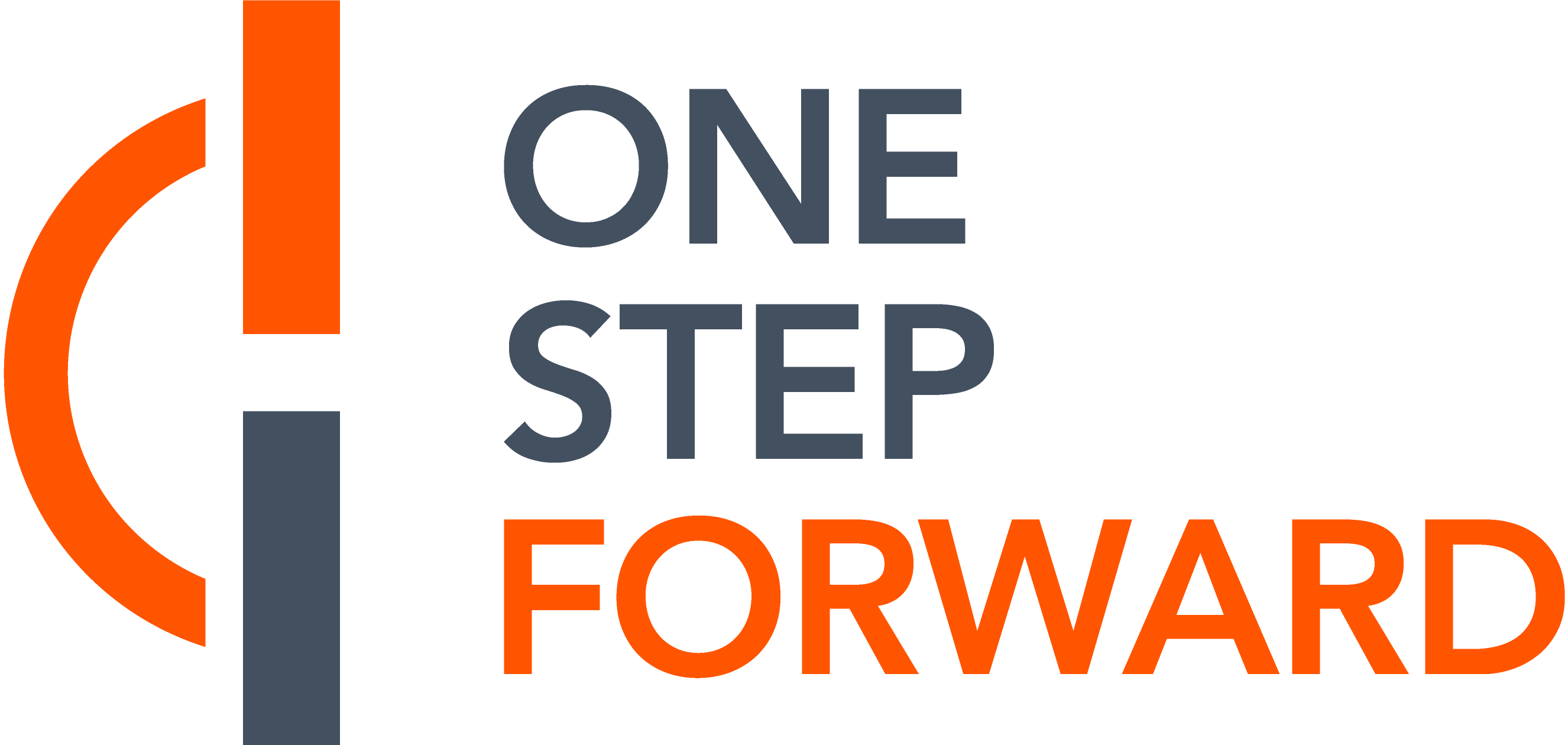Episode notes
Wale is acting senior director for the governance technical unit within the International Rescue Committee.
He works to protect the rights of people affected by crises to influence the political issues that matter to them. (See the IRC’s website for more on this.)
We talk about getting people to think intelligently about the political context for humanitarian response, how the sector is evolving over time, and a few sacred cows that need to be left behind.
We also go in depth on his experience as a Nigerian working for international organisations in the global North.
Some of this is not pleasant to listen to. But on the whole it is a testament to the power of being able to hear differently, and perhaps connect better, with the people we’re aiming to serve.
Topics discussed:
[02:45] Wale’s work with the IRC, and how governance issues fit into in humanitarian/emergency response.
[05:10] Growing up in Nigeria in Ibadan and Kaduna. The “bubble” of federal government college, the culture shock of leaving it, and the politics of service delivery.
[14:40] What motivated the decision to pursue higher studies. Family expectations, a pivotal visit to a refugee camp, and an early role model.
[19:50] Motivations for working towards a PhD in the aid world.
[21:30] The unhelpful separation between “humanitarian” and “development” initiatives. Working according to the space and opportunities that are available.
[25:45] The fears and legitimate concerns that are linked with changes in the roles and responsibilities of humanitarian agencies. How to manage these tensions at a day-to-day level.
[33:00] Experiences working in his own country of Nigeria. Thoughts on the Boko Haram crisis. How this feels compared to working elsewhere in the world.
[36:30] Being African, and being seen as African, in the aid sector. Encountering the “colonial hangover” when visiting country operations. Being entrusted with different perspectives.
[42:15] Switching “codes” and communicating with people in an effective way. The critical importance of diversity in the aid sector, for better outcomes and on principle.
[50:10] Key points of learning over twenty years in the aid sector.The Nelson Mandela quote that sits on the wall.
[56:00] Exit strategy from the aid sector. Keeping the family connected with their heritage, and taking things back to the local level in retirement.
